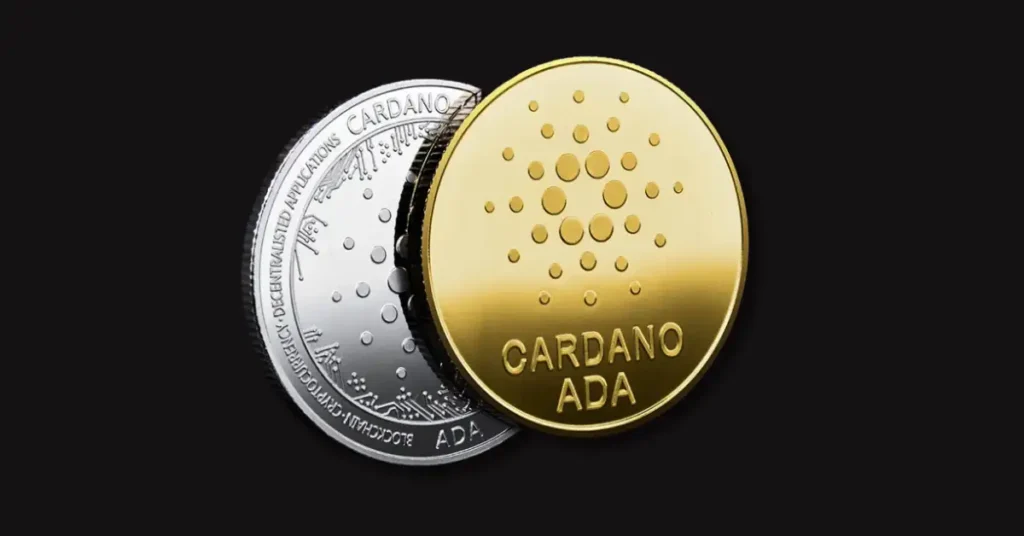The ideas of smart contracts and decentralized applications (dApps), each with their own special features and revolutionary potential, are cornerstones of innovation in today’s dynamic blockchain environment. Let’s explore their subtleties in more detail and present some excellent examples that highlight their abilities.

Understanding Smart Contracts
Smart contracts epitomize self-executing agreements, meticulously encoded into code and operating seamlessly within blockchain networks. These contracts eliminate the need for intermediaries by automatically executing predefined actions upon meeting specific conditions, thus ensuring transparency and security in contractual agreements.
Amidst the intricacies of finance, smart contracts streamline processes such as payments, loans, and asset transfers. They offer unprecedented efficiency and minimize the risk of errors or fraud. Imagine a scenario where a supplier receives payment automatically upon the successful delivery and verification of goods. This represents an epitome of operational fluidity facilitated by smart contracts.
In the realm of supply chain management, these ingenious contracts revolutionize tracking and verification processes, fostering transparency and efficiency while reducing administrative overhead. By embedding shipping, delivery, and quality assurance criteria, stakeholders ensure a seamless flow of goods across the supply chain network.
The Evolution of Decentralized Applications (dApps)
Contrasting smart contracts, dApps transcend the realm of agreements, serving as decentralized software applications operating on peer-to-peer networks. Leveraging blockchain technology, dApps provide users with transparent, secure, and trustless environments, paving the way for a multitude of functionalities across diverse industries.
Decentralized finance (DeFi) represents a pinnacle of dApp innovation, facilitating peer-to-peer transactions, lending, borrowing, and trading of digital assets sans traditional intermediaries. Think of decentralized exchanges (DEXs), where users engage in cryptocurrency trading directly, fostering accessibility and reducing transaction costs.
From decentralized social networks to gaming platforms, supply chain management systems, and identity verification solutions, dApps redefine user interactions, offering greater privacy, security, and control over digital assets and data.
Illustrative Examples
Smart Contracts Exemplified:
- Escrow Services: Automating escrow services, smart contracts securely hold funds until predefined conditions are met, ensuring trust in transactions.
- Supply Chain Management: Tracking goods throughout the supply chain, smart contracts ensure transparency and efficiency while automating processes.
- Decentralized Finance (DeFi): The backbone of DeFi, smart contracts facilitate peer-to-peer lending, borrowing, and trading, revolutionizing financial services.
- Predictive Markets: Powering prediction markets, smart contracts enable users to bet on real-world events, ensuring fairness and transparency.
- Non-Fungible Tokens (NFTs): Managing NFTs, smart contracts authenticate ownership and facilitate secure trading of unique digital assets.
dApps Unveiled
- Uniswap (DeFi): A decentralized exchange enabling direct peer-to-peer cryptocurrency swapping, eliminating reliance on centralized authorities.
- OpenSea (NFT Marketplace): A premier marketplace for trading NFTs, empowering creators and collectors with ownership control.
- Aave (DeFi): A lending platform leveraging smart contracts for automated lending processes, collateral management, and interest rate determination.
- Axie Infinity (Game): A play-to-earn game built on blockchain, where players collect and trade virtual pets, earning rewards in cryptocurrency.
- Augur (Prediction Market): A decentralized platform allowing users to bet on real-world events, facilitated by transparent and trustless smart contracts.
In Conclusion
The realms of smart contracts and dApps represent the vanguard of blockchain innovation, offering distinct yet complementary functionalities. While smart contracts automate agreements with precision,dApps provide expansive decentralized environments for diverse applications. Together, they epitomize the transformative potential of blockchain technology, fostering transparency, trust, and innovation across industries worldwide. As the blockchain ecosystem evolves, smart contracts and dApps will continue to shape the future, unlocking new horizons of possibility and reshaping the digital landscape.
Disclaimer
FAQ
Smart contracts are self-executing agreements encoded into code, operating within blockchain networks. They automatically execute predefined actions upon meeting specific conditions, ensuring transparency and security.
dApps operate on peer-to-peer networks, offering transparent, secure, and trustless environments for various industries, from DeFi to gaming and identity verification.
Smart contracts and dApps epitomize the transformative potential of blockchain, fostering transparency, trust, and innovation across industries worldwide.



Your article helped me a lot, is there any more related content? Thanks!